Japanese Style Ceramic Coffee Cup Porcelain Personal
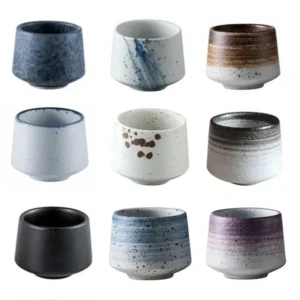
Japanese Style Ceramic Coffee Cup Porcelain Personal
Description
The Artistry and Craftsmanship Behind Japanese Ceramics
Japanese ceramics embody a time-honored tradition that marries artistry with functionality. The intricate processes involved in creating ceramic coffee cups reflect a deep appreciation for craftsmanship prevalent within Japanese culture. Master potters dedicate years to honing their skills, focusing on the selection of high-quality clay, which varies by region and influences the final product’s characteristics. For instance, the clay used for Raku pottery offers a unique texture and aesthetic when finished, while Kutani ceramics are known for their vivid colors and intricate designs.
The process begins with clay preparation, where potters knead and manipulate the material to remove air bubbles, ensuring even consistency. Following this, the crafting process entails throwing the clay on a potter’s wheel, skillfully shaping each piece to achieve both visual appeal and practical usage. This element of ceramics—not merely the end product but the experience of creation—emphasizes the philosophy of ‘monozukuri,’ or craftsmanship, that is integral to Japanese art forms.
Once the desired shape is achieved, glazing becomes a central focus, as it not only enhances the visual allure but also dictates the functionality of the coffee cups. Potters meticulously select glazes that complement their design, offering considerations for color, texture, and finish. Firing the pieces is the final phase, where temperature control and timing play critical roles in ensuring durability and aesthetic appeal. These techniques, whether in traditional Raku or vibrant Kutani styles, have been passed down through generations, showcasing a seamless blend of history and modern innovation.
The rich heritage of Japanese ceramics is not just confined to the past; contemporary artisans often draw inspiration from these traditional methods, integrating them into modern designs that retain the elegance of their forebears. This dynamic relationship between historic craftsmanship and contemporary artistry makes Japanese ceramic coffee cups exemplary representations of cultural sophistication.
Choosing the Perfect Japanese Ceramic Cup for Every Occasion
When it comes to selecting the right Japanese ceramic cup, understanding the specific types and their suitability for various beverages is crucial. Japanese ceramic cups are renowned for their artistry, each design reflecting both form and function. For coffee enthusiasts, a yunomi, typically taller and with a wider rim, is ideal. This design allows for a better appreciation of aroma and flavor, providing an exceptional coffee experience.
On the other hand, when it comes to tea, a smaller, more delicately crafted cup, known as a chawan or yunomi, is often preferred. These cups can help to maintain the temperature of the tea while enhancing the sensory experience during sipping. The intricacies of Japanese tea culture, including the type of tea being served, can also influence the selection of the cup. For a more formal tea setting, investment in authentic, hand-painted pieces can add to the experience significantly.
For occasions that call for elegance, such as wine or sake tasting, a small, tapered cup known as ochoko is particularly suitable. The design concentrates the aromas, making your wine or sake tasting more profound. When it comes to water, a simple yet aesthetically pleasing cup can elevate any dining experience without overshadowing the beverage itself.
Cultural exchanges often occur through gifting, and a beautifully crafted Japanese ceramic cup can act as a meaningful present. In Japan, gift-giving carries significant importance, and offering such a piece symbolizes respect and consideration. Retailers can also explore wholesale options for these artisan cups, appealing to customers wishing to incorporate these unique items into their homes.
To ensure the longevity of your Japanese ceramic cups, proper care is essential. Hand washing is recommended, as dishwashers can strip delicate glazes and affect the integrity of the designs. With thoughtful selection and care, anyone can enjoy the elegance of Japanese ceramics in their daily routine or as treasured gifts.
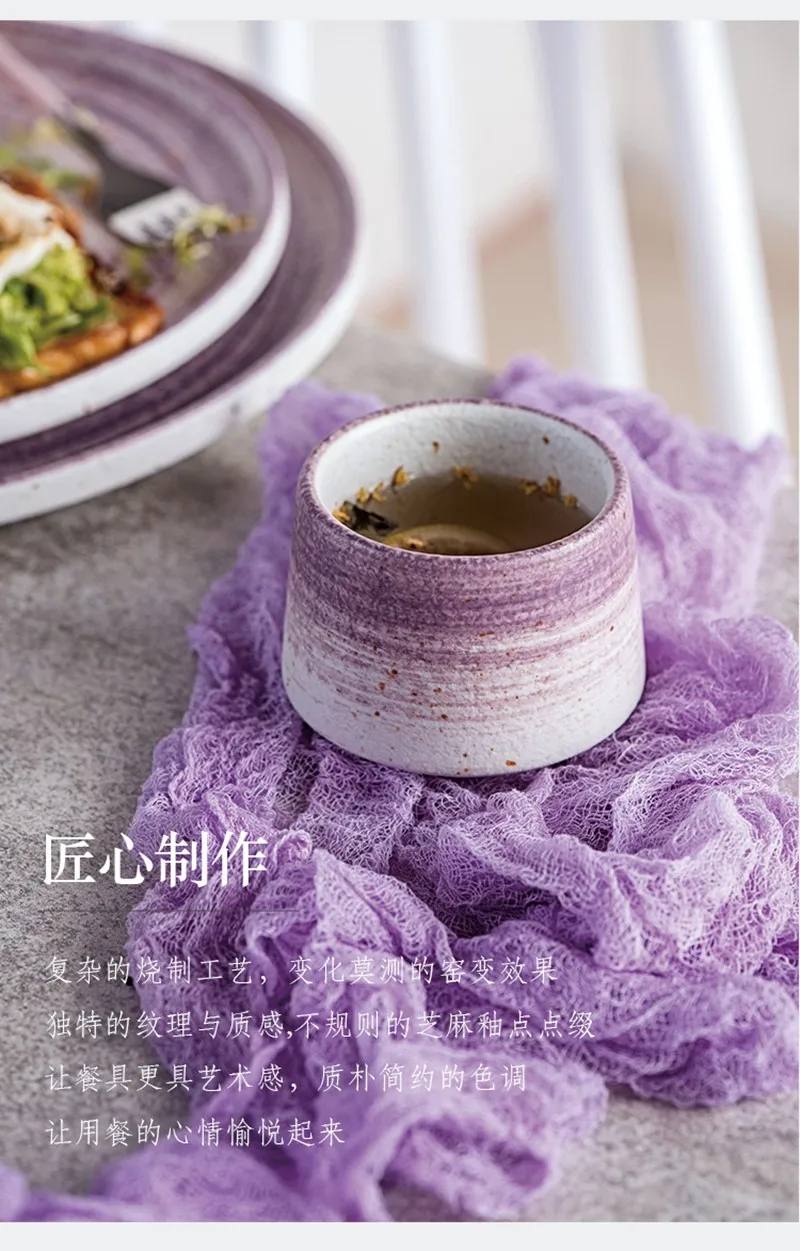

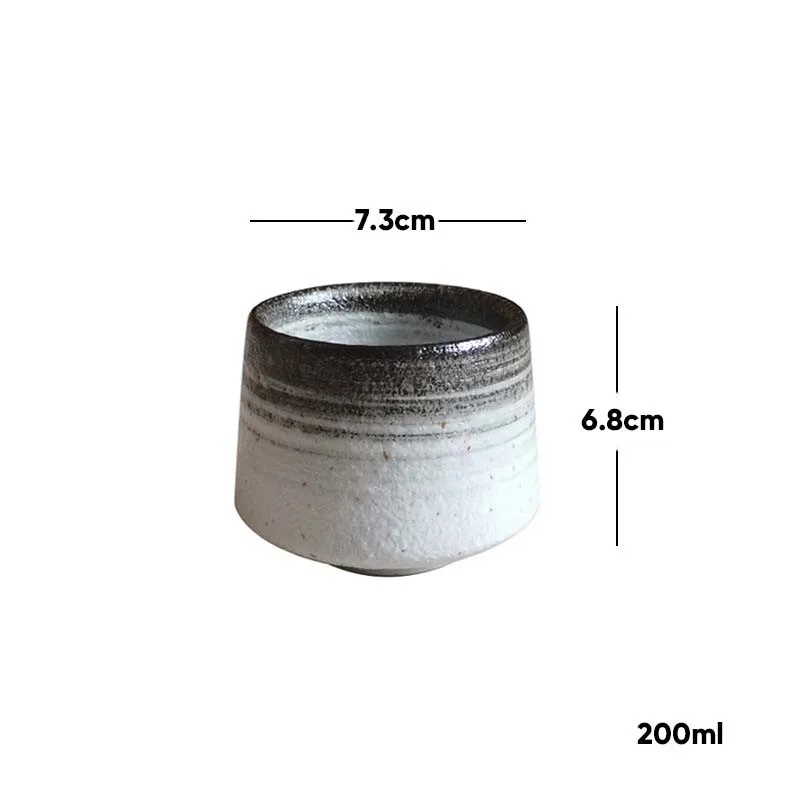

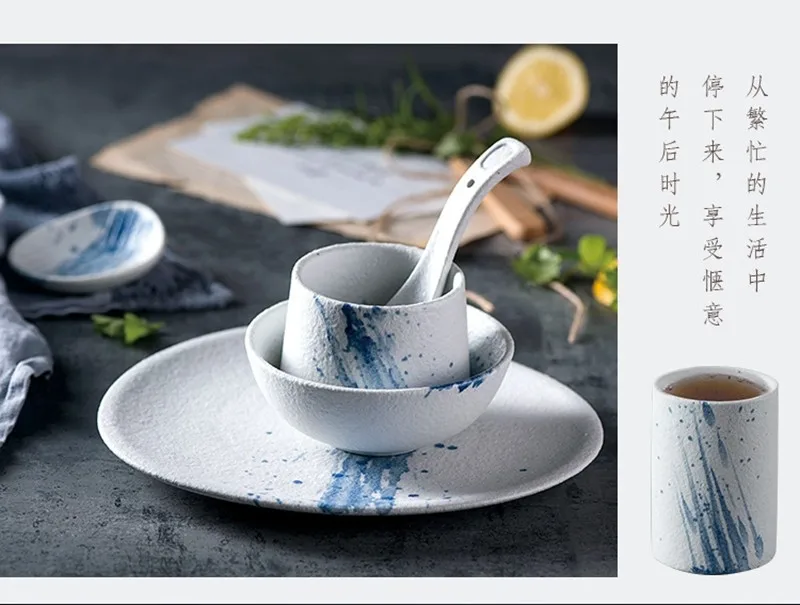
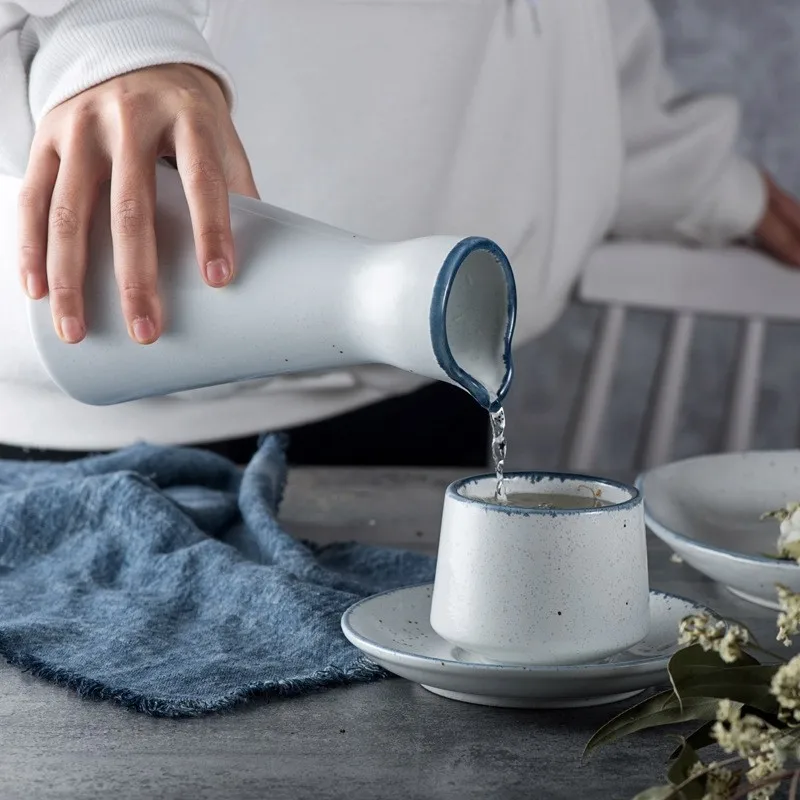
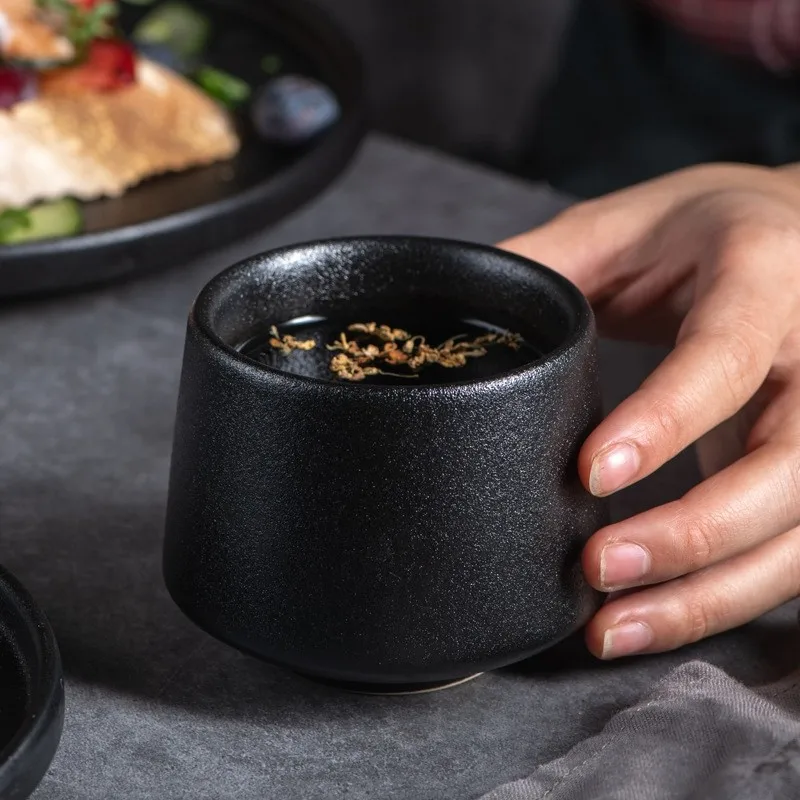
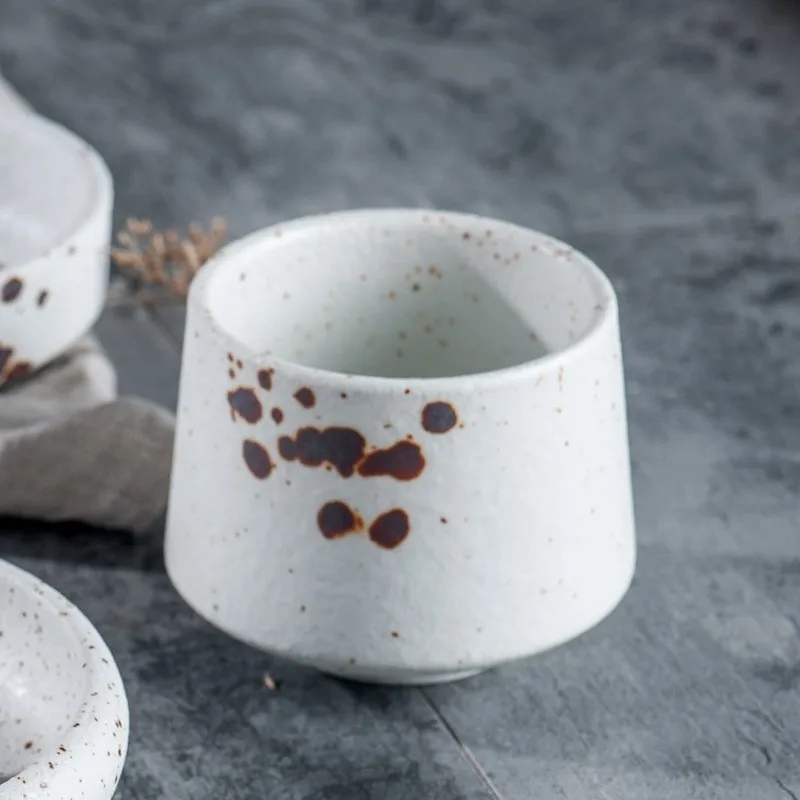
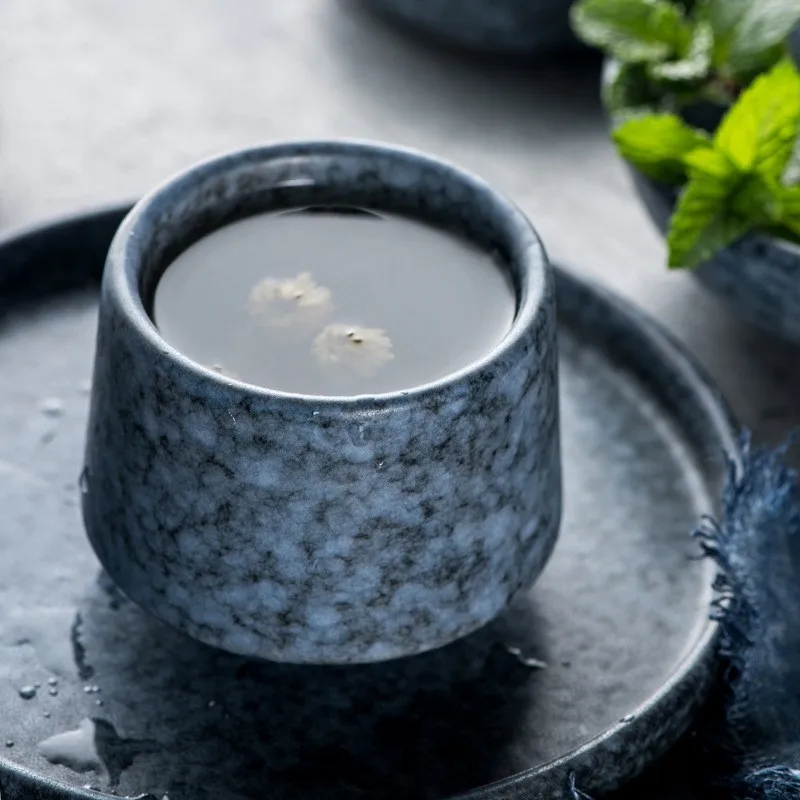
Additional information
| Weight | 0.250 oz |
|---|---|
| Dimensions | 11 × 11 × 10 foot |
| Brand Name | NoEnName_Null |
| Type | Teacups |
| Origin | Mainland China |
| Technique | On-glazed |
| Quantity | 1 pcs |
| Feature | Eco-Friendly |
| Material | Ceramic |
| Ceramic Type | Pottery |
| Model Number | 220322025 |
| Drinkware Type | Cups & Saucers |
| Texture Of Material | Ceramics |
| Product Category | Teacup |
| Style | Modern Simplicity |
| Structure | Single Layer |
| Dimensions (height, Caliber) | Width:7.4 * Height:6.4cm |
| Capacity | 101-200ml |

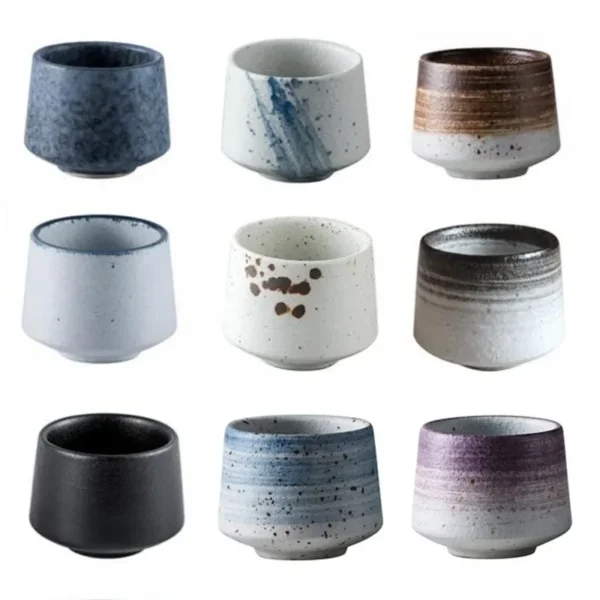
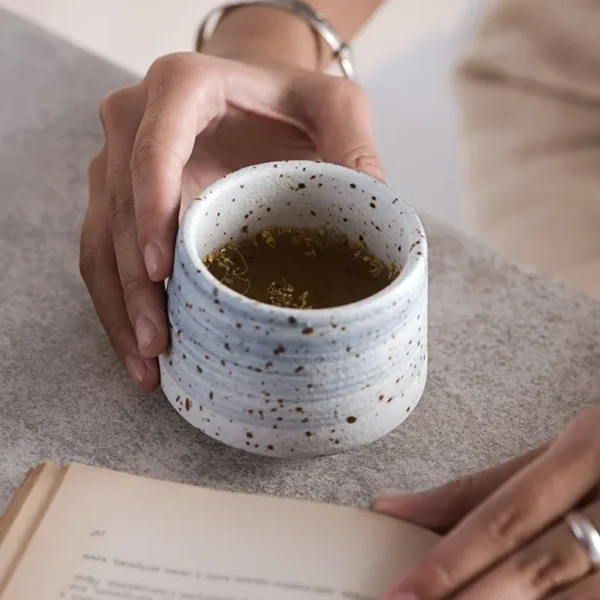
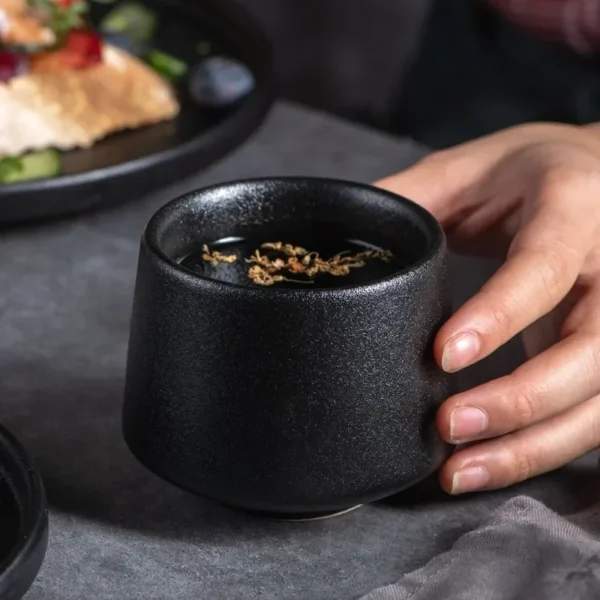
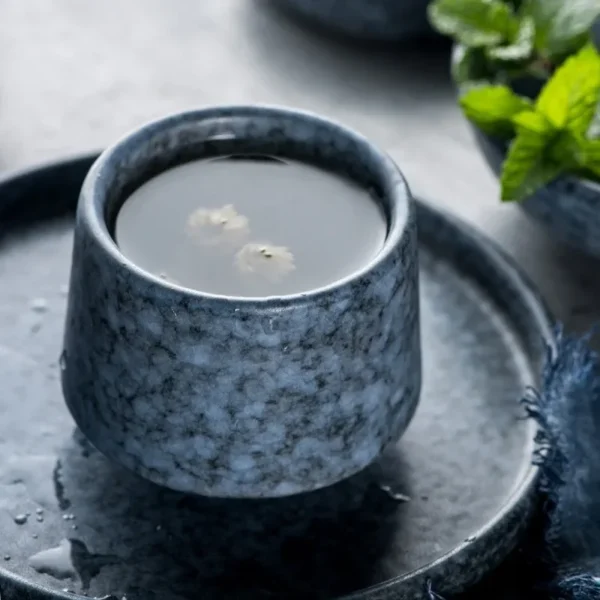
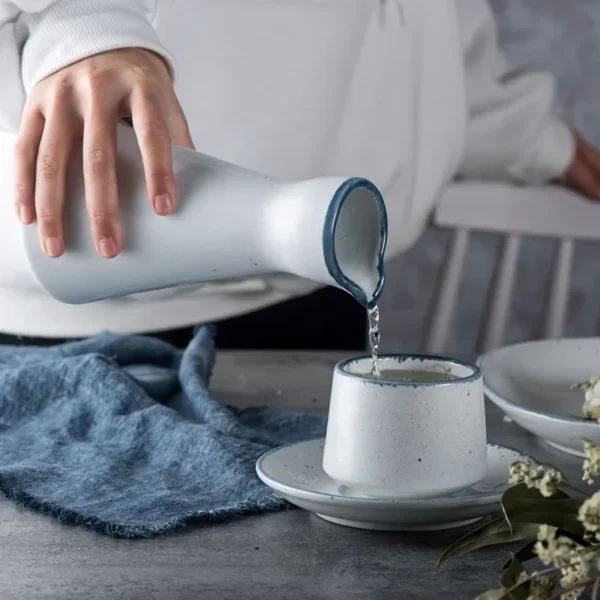
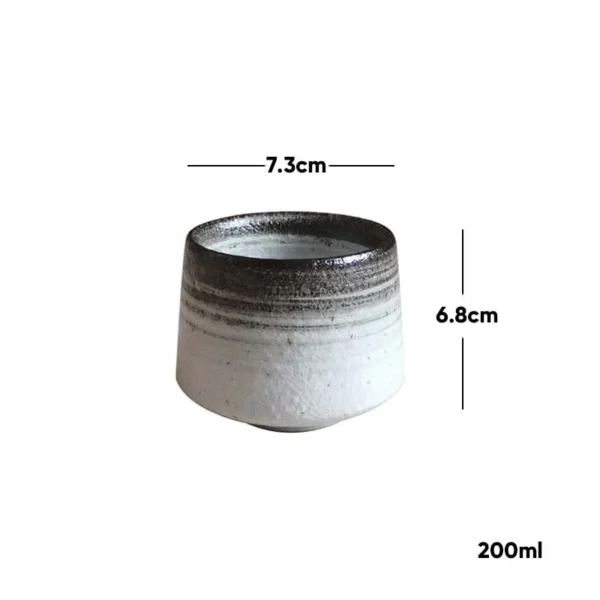
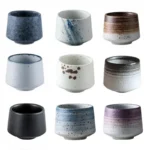
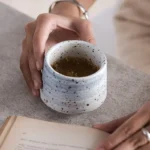
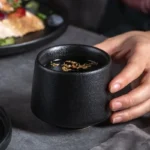
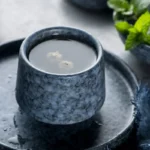
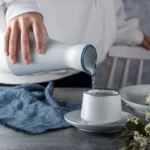
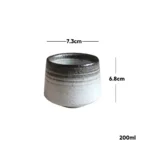

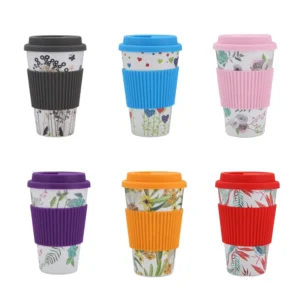
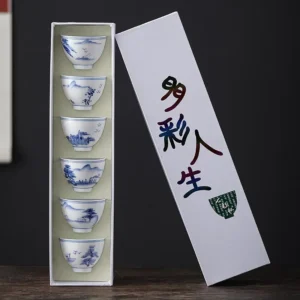
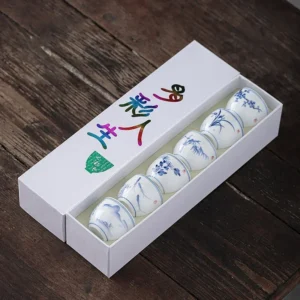
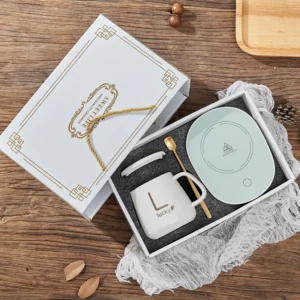
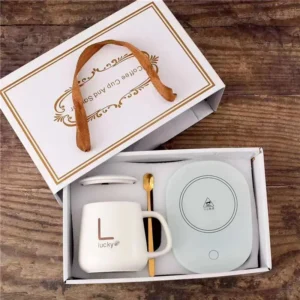
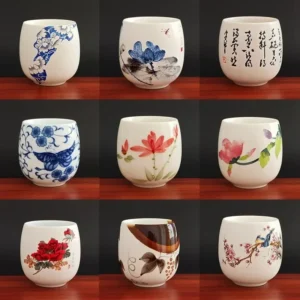
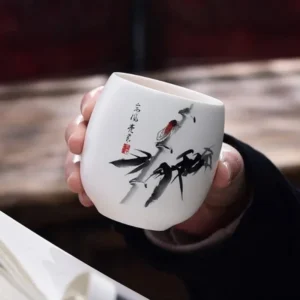
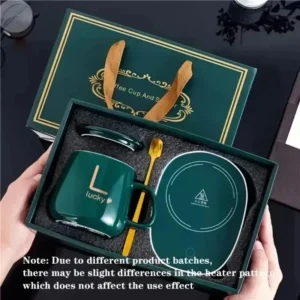
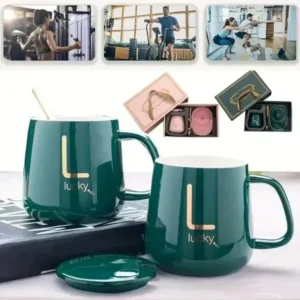

Q***f
Shopper
C***n